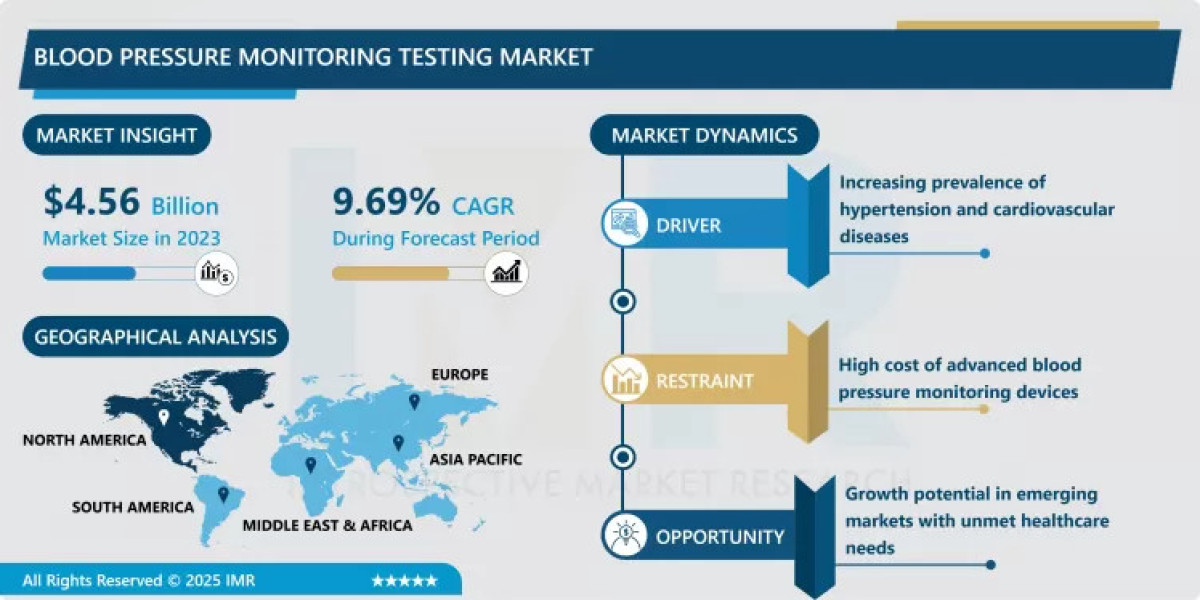At its core, inventory management involves overseeing the ordering, storage, and use of a company's inventory. This includes raw materials, work-in-progress items, and finished goods. Proper management ensures that stock levels are balanced—neither too high, which ties up capital, nor too low, which risks stockouts and lost sales. Businesses that excel in inventory management maintain precise control over their resources, enabling them to respond quickly to market changes and demand fluctuations.
One of the fundamental aspects of inventory management is accurate tracking. Businesses must have reliable systems in place to monitor inventory in real time. This includes recording when items are received, where they are stored, and when they are dispatched or sold. Accurate tracking helps reduce errors, prevent theft, and identify trends that can inform future purchasing decisions. Many organizations use specialized software solutions to automate these processes, allowing managers to access up-to-date information and make data-driven decisions.
Inventory management also involves strategic planning to meet both current and future demand. Forecasting techniques are often employed to predict customer needs based on historical sales data, seasonal trends, and market conditions. By anticipating demand, businesses can adjust their procurement schedules, optimize storage, and prevent overstocking or stock shortages. Planning inventory effectively ensures that resources are used efficiently and reduces the likelihood of disruptions in the supply chain.
Another key factor in inventory management is categorization and organization. Businesses typically classify inventory into categories such as raw materials, components, finished products, and maintenance supplies. Organizing inventory logically—whether by type, usage frequency, or location—simplifies storage, retrieval, and auditing. Clear labeling and systematic shelving improve workflow efficiency, reduce errors, and make inventory counts faster and more accurate.
Inventory management also extends to maintaining relationships with suppliers. Timely communication and reliable partnerships with suppliers ensure that businesses receive products on schedule and can respond promptly to changes in demand. Establishing lead times, minimum order quantities, and reorder points are critical practices that prevent stockouts and maintain operational continuity. Effective supplier management supports a smooth supply chain and enhances overall efficiency.
Technology plays a transformative role in modern inventory management. Advanced systems enable real-time monitoring, predictive analytics, automated reordering, and integration with other business processes such as accounting, sales, and logistics. These tools provide managers with insights into inventory turnover, demand patterns, and potential bottlenecks. By leveraging technology, businesses can streamline operations, reduce human error, and make informed strategic decisions that align with organizational goals.
Regular audits and inventory assessments are essential for maintaining accuracy and control. Cycle counting, where specific sections of inventory are counted on a rotating schedule, allows for ongoing verification without halting operations. Periodic full inventory audits provide a comprehensive snapshot, highlighting discrepancies that may indicate issues such as misplacement, damage, or theft. Maintaining accurate records fosters accountability and strengthens decision-making.
Inventory management also intersects with financial performance. Holding excess stock can tie up working capital, while insufficient inventory may lead to missed sales opportunities. By balancing inventory levels and turnover rates, businesses can optimize cash flow, reduce carrying costs, and improve profitability. Efficient inventory management contributes to both operational and financial stability, positioning businesses to grow sustainably.
For businesses operating in multiple locations or handling diverse product lines, centralized inventory management can provide significant advantages. Consolidating data across warehouses, retail outlets, or distribution centers allows for coordinated planning, consistent stock availability, and better utilization of resources. Centralized systems offer a unified view of inventory, supporting strategic decisions on procurement, redistribution, and logistics optimization.
In addition to operational and financial benefits, inventory management also impacts customer satisfaction. Reliable stock levels ensure that products are available when customers need them, enhancing service quality and brand reputation. Businesses that can consistently meet demand build trust and loyalty, creating a competitive edge in crowded markets. Efficient inventory management allows organizations to respond rapidly to trends, promotional campaigns, and unexpected surges in demand.
Sustainability is another emerging consideration in inventory management. Reducing waste, optimizing storage, and aligning procurement with actual demand support environmentally responsible practices. Businesses increasingly recognize that efficient inventory management not only improves operational performance but also contributes to broader sustainability goals by minimizing excess production and reducing the environmental footprint.
Inventory management is a dynamic discipline that combines strategy, technology, and operational expertise. It requires ongoing attention, adaptability, and a commitment to efficiency. By implementing structured processes, leveraging technology, maintaining supplier relationships, and continuously analyzing data, businesses can achieve seamless inventory control, improve cash flow, and meet customer expectations effectively.
Final Thoughts
Inventory management is not just a logistical necessity but a strategic advantage. Companies that prioritize efficient inventory practices can streamline operations, enhance financial performance, and maintain high levels of customer satisfaction. Mastering inventory management involves careful planning, accurate tracking, and the intelligent use of technology to ensure that products flow smoothly from suppliers to customers while minimizing costs and waste. A well-managed inventory system is foundational for growth, resilience, and long-term success in any industry.







